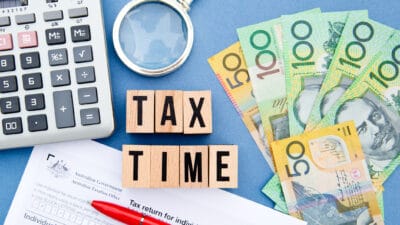"Buy now, pay later" (BNPL) service providers have enjoyed a meteoric rise to power in recent years as tightening bank lending standards and the casualisation of the workforce has seen consumers turn to alternative payment options.
What is "buy now, pay later" all about?
The basic mechanics of BNPL is that a consumer can pay a fraction of the full price of their desired product or service either in-store or online, while still receiving the goods at point-of-sale (PoS) as if they had paid in full. The retailer is also paid in full at PoS by the BNPL service provider, usually minus a transaction cost of ~5%. The BNPL provider, therefore, becomes the third party to an otherwise ordinary transaction which then collects the outstanding balance from the consumer and assumes the credit/default risk of the payment collection.
While there are many of these BNPL providers around the globe, some of the most prominent in Australia are Afterpay Touch Group Ltd (ASX: APT) and Zip Co Ltd (ASX: Z1P). I've taken a look at the pros and cons of each of these three providers below to see how they stack up.
| Pros | Cons | |
| Afterpay Touch Group |
|
|
| ZipMoney |
|
|
It's clear that each company offers a similar service despite targeting their own niche within the consumer payments sphere and investors need to consider which options work best for them.
But I read a lot of bad things about the sector…
While many believe that these BNPL providers prey on vulnerable consumers and are used as quasi-credit cards (which a recent Senate inquiry did not concur with) I think the utility of these services can sometimes be misunderstood.
Over 80% of Afterpay's consumers use debit cards, not credit cards, and overwhelmingly the biggest users of these services are millennials. I think the casualisation of the economy or the rise of the "gig" economy has actually created a huge opportunity set for these BNPL services.
From a personal finance standpoint, I've been a prominent user of these services in the past purely from a budgeting and cash flow matching standpoint. When I am getting paid on a fortnightly basis and allocating myself a regular spending amount from that income, the BNPL model allows me to match my expenses with my income and smooths my own cash flow. That's not to say that I didn't have to money to buy the products outright, it's simply a more efficient means of budgeting for myself.
The Verdict
Overall, I think the BNPL providers have had a thorough examination over the last 6-12 months and come out of it as stronger and better-regulated businesses. The service certainly isn't for everyone but I think it can be a powerful budgeting tool for those that have the discipline and self-control to use the services to suit their own personal circumstances.








